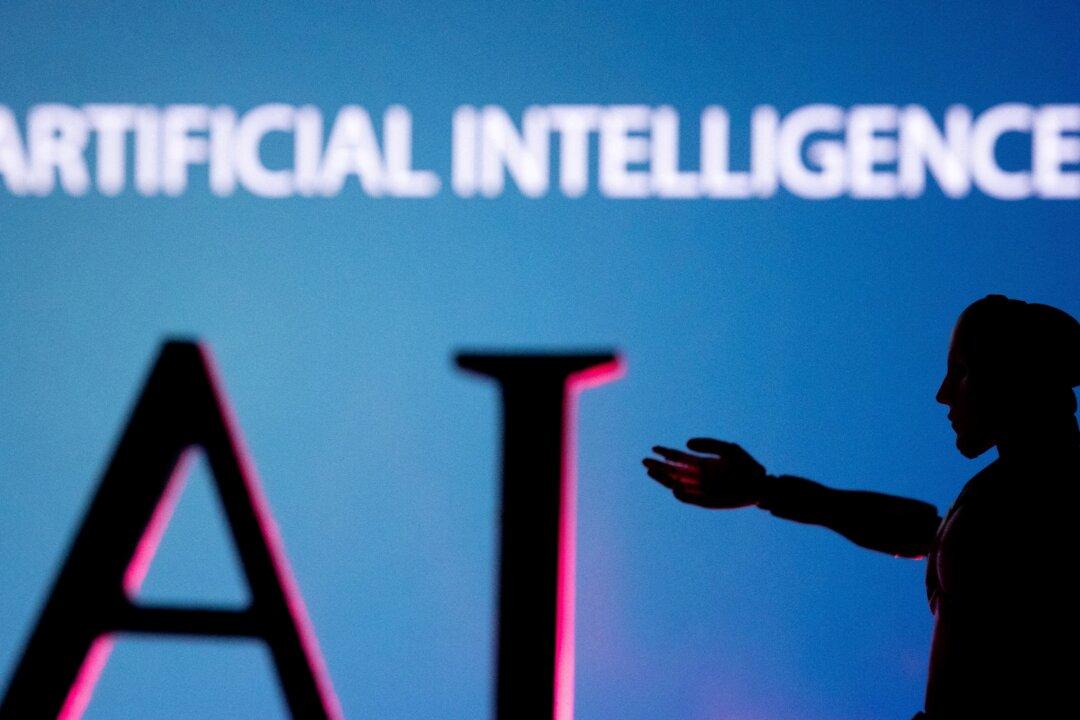European Union policymakers sealed a historic deal on Friday, finalizing the AI Act, a world-first sweeping regulation for artificial intelligence (AI).
The landmark legislation establishes a comprehensive regulatory framework, addressing the risks associated with the rapid evolution of AI technology.





